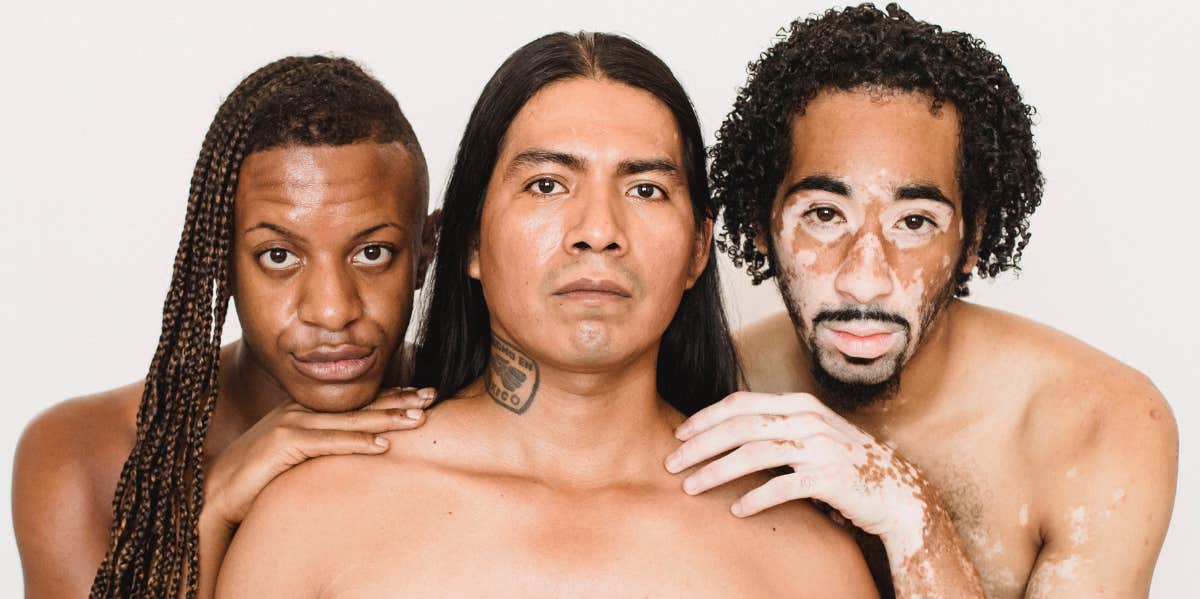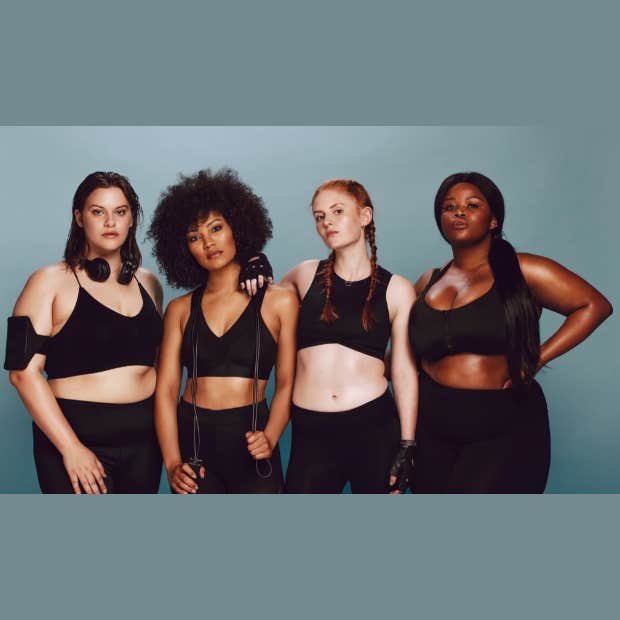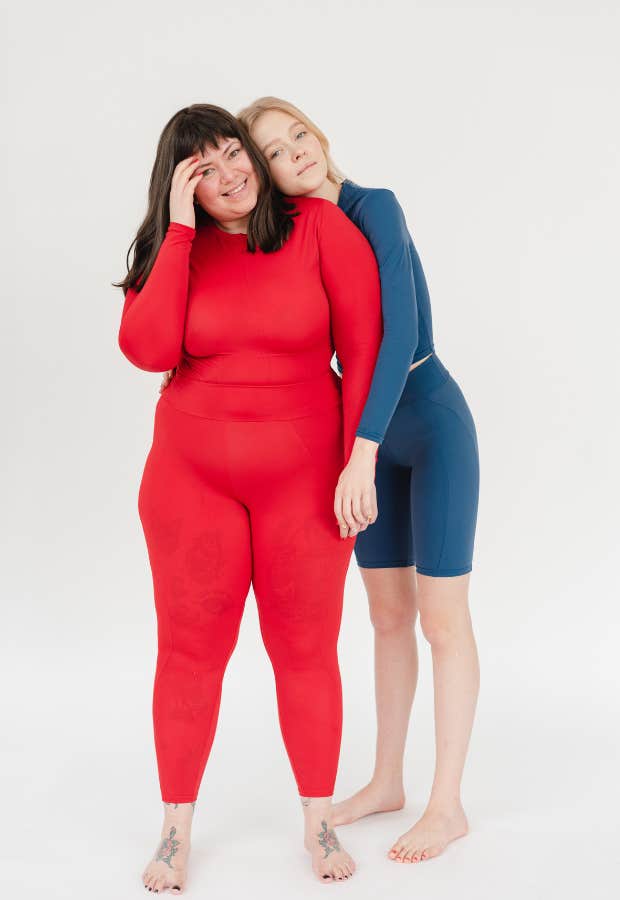Mom Asked How To Handle Her Toddler's Comments On Different Body Types & The Answers Show The Importance Of True Acceptance
We are all different, and those differences unite us as humans.
 Kamaji Ogino / Pexels
Kamaji Ogino / Pexels The mom of a three-year-old wrote to the subreddit r/Parenting with a question about how to navigate a toddler’s vocal reactions to people’s appearances.
She explained that her child saw a woman while they were out in public and exclaimed, “‘That girl has a big tummy!’ The lady seemed hurt by it and left a couple of minutes later.” She wondered how to deal with this common parenting scenario in a way that was age-appropriate and kind.
The mom asked how to handle her toddler’s comments on different body types — and the answers revealed the importance of true acceptance.
She stated that her usual response to her toddler is to say, “We don’t talk about people’s bodies,” before changing the subject. Yet she’s recently wondered if there is another approach she could take, asking, “Is there a better way to handle it? One that might make the person feel better? I mean, most people understand, but still.”
 Photo: Jacob Lund / Shutterstock
Photo: Jacob Lund / Shutterstock
The mom wondered if she should respond to her toddler’s comments about different bodies by proclaiming them to be beautiful.
Yet she wasn’t sure that was the best avenue to take, stating, “I don’t want to send any subconscious messages to my kids. I feel that it is better psychology to just completely not comment one way or the other on appearances.”
Other parents were quick to point out how normal it is for toddlers to notice physical differences and offered examples of how they respond.
One person said, “I tell my kid that we don't make comments about people's bodies. She is 5 and old enough to understand that it can hurt feelings. I also let her know that if she has a question she can ask me in private.”
Another parent shared what she would say, writing, “Wow, it’s great to see you being so observant, people come in all different shapes, sizes, and colors, isn’t that interesting. However, it’s not appropriate to point out these things out loud. If you have any questions, keep them in your mind and you can ask me when we’re in the car [or] at home.”
They pointed out, “It’s a really fine line isn’t it trying to work out how to explain to a little one that someone might be upset to be called fat without the child then internalizing that it must be because being fat is negative!”
The mom who made the original post replied, saying, “This is an excellent response that covers all of my concerns. Thank you!”
 Photo: Shvets Production / Pexels
Photo: Shvets Production / Pexels
Another comment came from an early childhood education teacher, who described herself as “obese, and also have freckles patches on my skin! So I am used to kids' observations about my body or comparing bodies (and also sometimes I hear about what their parents say too).”
She said, “Kids will ask if I am pregnant, when I say ‘no,’ sometimes they will ask why I have a big belly. I just say that's how my body is shaped right now and that people come in all shapes and sizes.”
She ended by remarking on how open-minded kids are, despite their tendency to notice differences, stating, “Kids are remarkably receptive to stuff like this especially when you are working on grace and courtesy with them. I know it can give parents anxiety, but if you are calm, keep it simple and understandable, they'll be fine.”
Another parent shared their tactic, saying, “I love when my kids are being kind but I have a rule that we only make compliments on things people choose. That could include an outfit, the color of their hair, something external that you can still be complementary about but that isn't someone's body.”
Someone else stated, “I tell my kids that everyone is different, but we don't comment on other people's bodies or differences. When they got a bit older I told them to focus on the person, not the difference. Because we are all different anyway.”
That comment captures an essential truth of being human — we are all different, and those differences are something to celebrate. No one experiences the world in the same way as anyone else.
Teaching kids how to be inclusive and kind at the root of all their interactions offers them a pathway to fully accepting people, exactly as they are.
Alexandra Blogier is a writer on YourTango's news and entertainment team. She covers parenting issues, pop culture analysis and all things to do with the entertainment industry.

